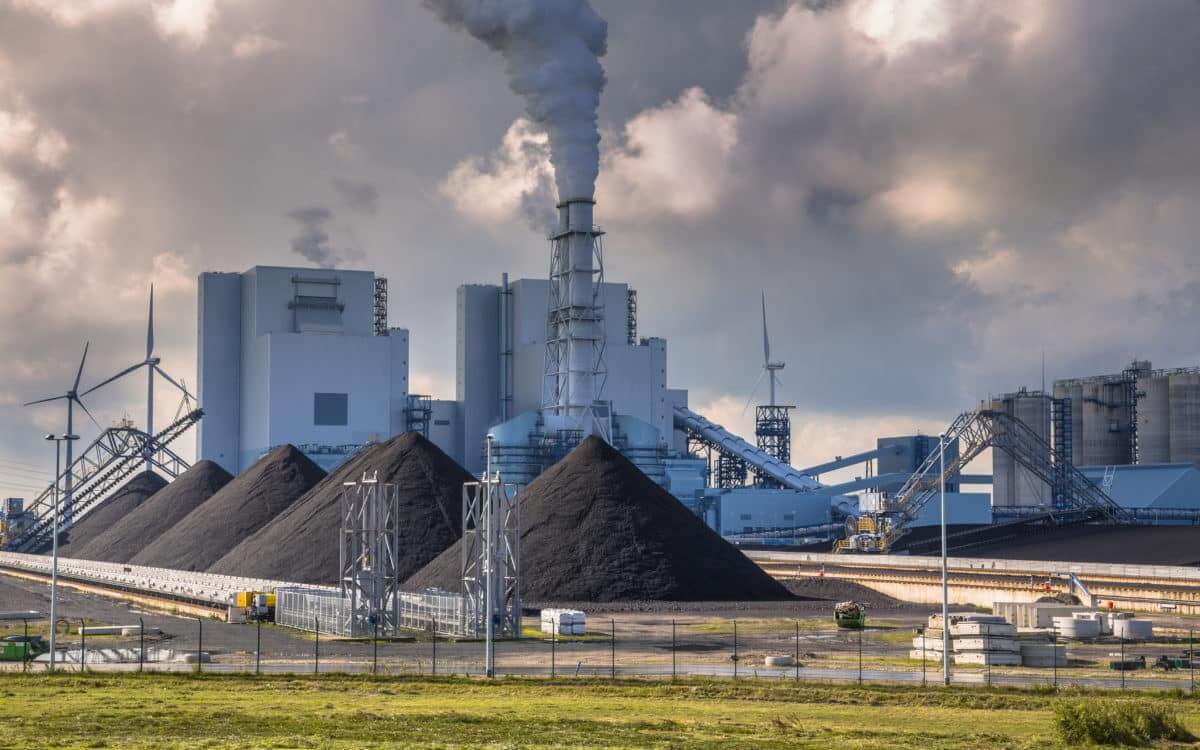India’s Coal Dilemma: 40 Years, Still Running at 90%
Quick Look:
The Tuticorin coal plant, despite pollution concerns, operates at 90% efficiency;
India’s rising energy demands slow its transition to renewables;
Coal remains central in India, affecting global emissions goals;
Nearby renewable projects contrast with ongoing coal dependency.
Built on the saline coast of southern India, the Tuticorin power plant serves as a stark emblem of the complexities facing India, the world’s fastest-growing major economy. The 1,050-megawatt coal facility, operational for four decades, is an anachronism in an era pushing for clean energy. Despite the Indian government’s initial plans for its shutdown by 2022 due to an inability to meet pollution standards, the plant continues to operate with remarkable efficiency, achieving 90% utilisation as recently as February. Its continued operation, reliant on coal transported from distant mines, exacerbates the national emissions dilemma, underscoring the challenging balance between environmental mandates and energy reliability.
The Rising Tide of Energy Demand
India’s electricity demand is rapidly increasing, driven by higher temperatures and greater affluence. Consequently, this surge has escalated the use of energy-intensive appliances like air conditioners. As a result, the nation’s power grid is under severe strain. Although Prime Minister Narendra Modi is pushing to expand solar and wind power, progress is slow. Thus, this delay has inadvertently revitalised ageing, inefficient coal plants such as Tuticorin. Recently, Modi has supported new power projects and extended the lifespan of existing coal assets. However, these decisions conflict with global environmental strategies and compromise India’s commitments to reducing greenhouse gas emissions.
Tuticorin: Coal and Renewables Side by Side
The dynamics at play with Tuticorin are reflective of a broader, global shift. While coal demand in China, the leading consumer, may have peaked, the future of coal consumption will increasingly hinge on India and other rising economies in Southeast Asia. Despite international pressures and the evident risks of continued fossil fuel dependency, India has not only persisted with coal but has also escalated its engagement with it. In response to the 2021 coal and power crisis, India intensified its mining efforts. It shelved plans to decommission outdated plants, all while advocating at international forums for resolutions that accommodate continued fossil fuel use.
The juxtaposition of Tuticorin with nearby renewable installations highlights India’s energy paradox. Solar and wind facilities, located just miles from the coal plant, indicate a shift towards renewable energy. However, the reality is that the nation continues to invest in coal heavily. Furthermore, this scenario is exacerbated by the minimal adoption of natural gas and the controversial development of hydropower projects, particularly in the environmentally delicate Himalayan region.
As India reaches this critical junction, its decisions will shape both its environmental and economic futures. Furthermore, these choices will affect the global reduction of coal use. Additionally, with the world watching, India’s decisions could set a precedent. This model could guide other rapidly developing countries in managing their growing energy needs amidst urgent climate challenges.
The post India’s Coal Dilemma: 40 Years, Still Running at 90% appeared first on FinanceBrokerage.






























